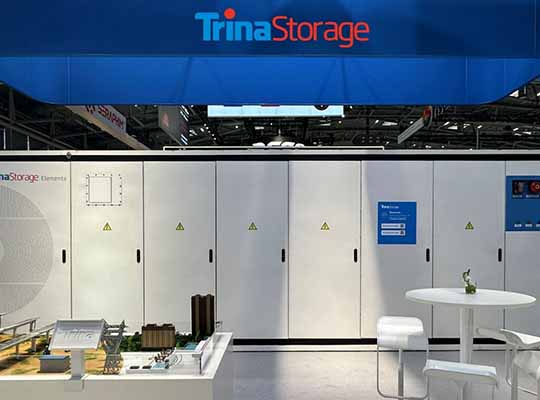Zeta Energy announced that it has begun building very high density electrodes and is conducting extreme temperature testing of cells as part of its ARPA-E EVs4ALL project. In January, 2023, Zeta Energy was selected to receive $4 million in federal funding for the development of efficient electric vehicle batteries as part of the ARPA-E’s EVs4ALL (Electric Vehicles for American Low-carbon Living) program. This program is focused on four key targets believed necessary to achieve broad market acceptance and use of EVs: reducing battery recharging time to five to 15 minutes, reducing low temperature performance losses, increasing energy retention to 90% capacity after 200,000 miles of cumulative range, and lowering the cost of batteries to under $75/kWh at commercial production scale.
Chief Science Officer Rodrigo Salvatierra commented, “The results so far have been excellent. Our electrodes have already achieved a density that exceeds the targets we had planned for the project. We are now engaged in extreme temperature testing of cells built from our electrodes, and so far, we have shown that the batteries work at -20°C. We will be expanding our tests to even lower temperatures.”
Todd Foley, Zeta Energy’s Head of Government and Investor Relations adds, “This ARPA-E project is really important because it focuses on improving battery performance while reducing battery costs. Both of these objectives are crucial to the widespread market adoption of EVs. Zeta Energy’s breakthrough lithium sulfur battery technology is ideal for this project because it uses only widely available domestic feedstocks and thus supports U.S. competitiveness in developing a domestic supply chain for advanced battery production.”
Zeta Energy’s combination of a proprietary 3D-structured lithium metal anode and a proprietary sulfurized carbon cathode is expected to achieve (and exceed) all the EVs4ALL targets. Zeta Energy’s anode technology leverages the significantly higher energy density of lithium metal while avoiding the safety hazards and lifecycle problems created by dendrites in other lithium metal anodes. Zeta Energy pairs this anode with a proprietary sulfurized-carbon cathode that suppresses the formation of soluble polysulfides, resulting in sulfur-based batteries that offer unprecedented stability, performance, and low cost. Zeta has also demonstrated several manufacturing innovations that dramatically increase the efficiency of producing the cells, including a dry process for electrode coating, and the ability to grow vertically aligned carbon nanotubes on both sides of a current collector simultaneously.













